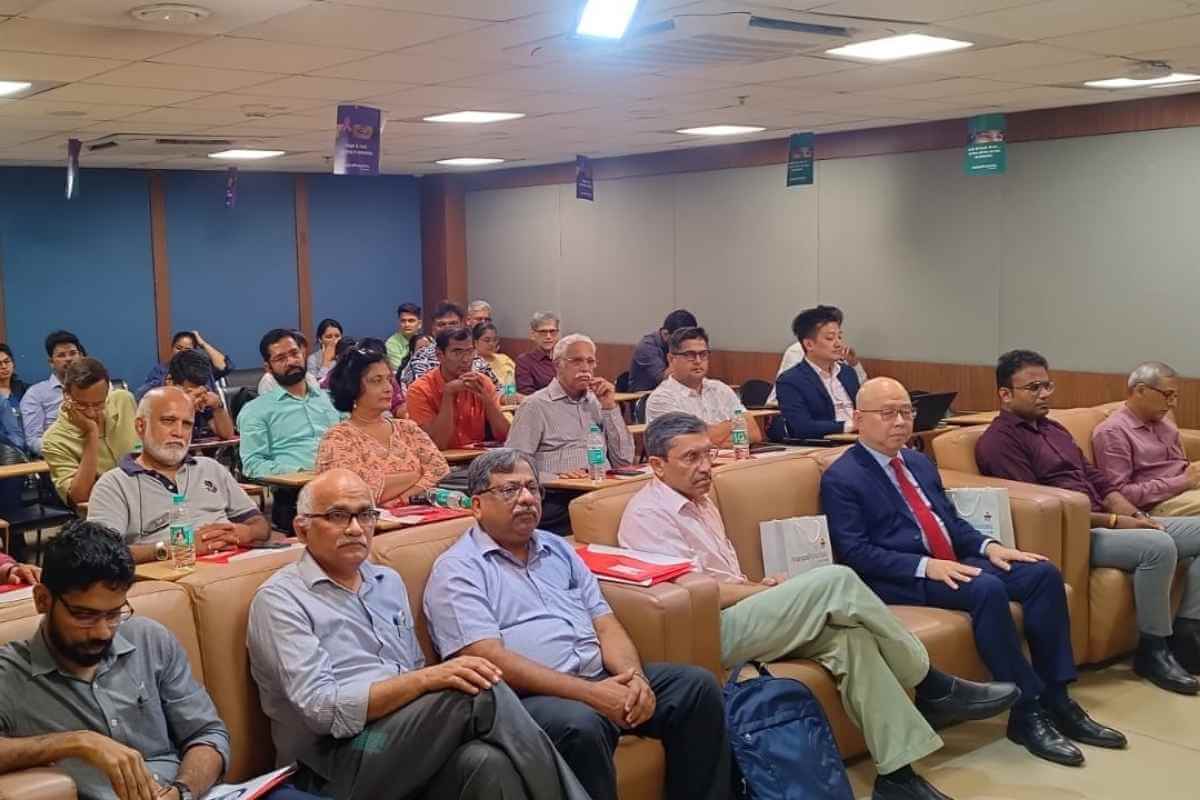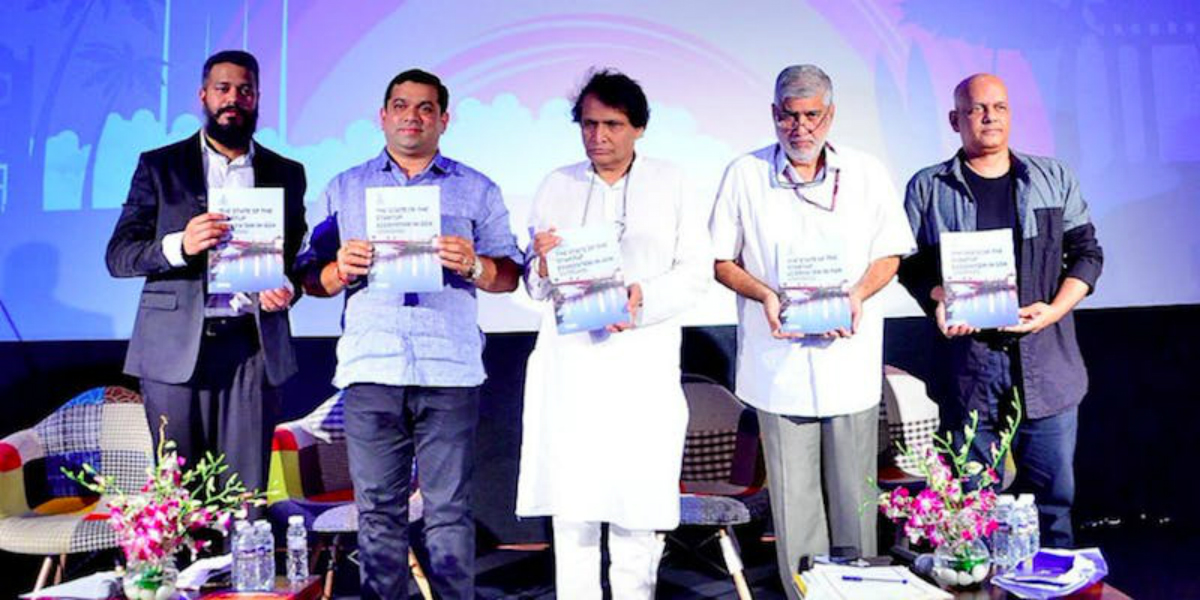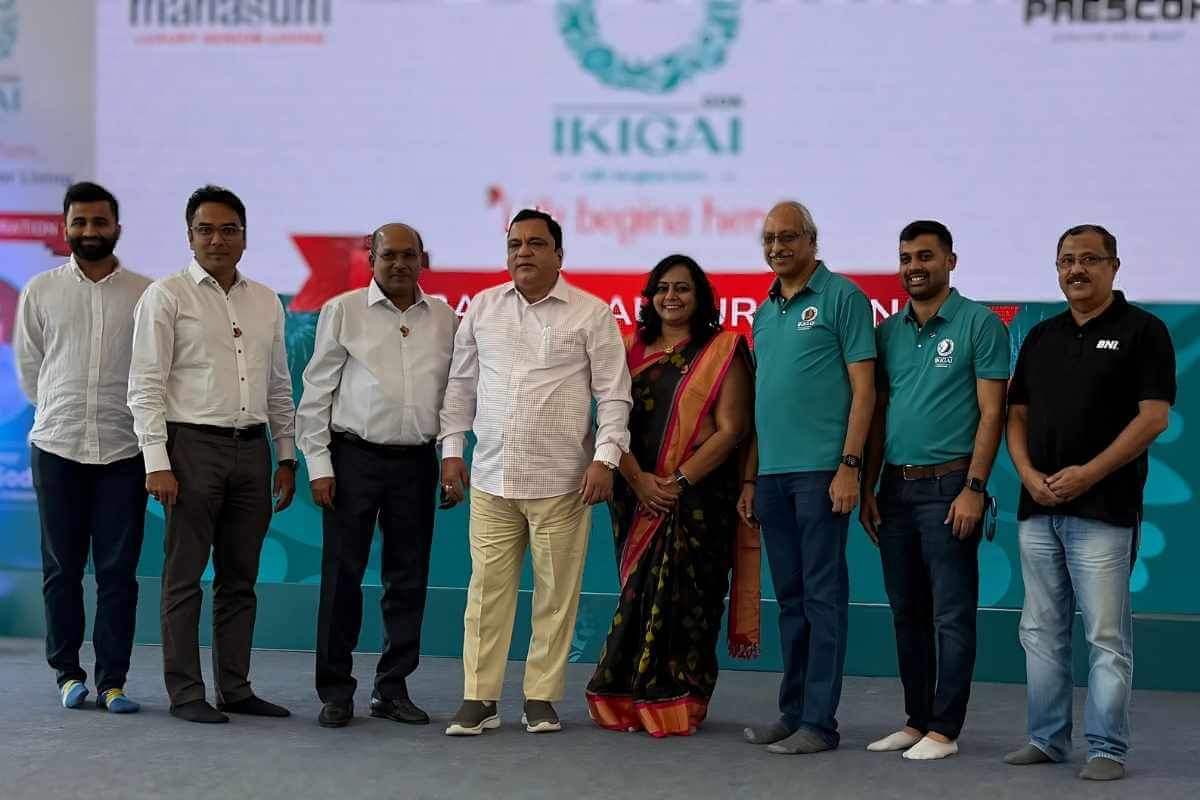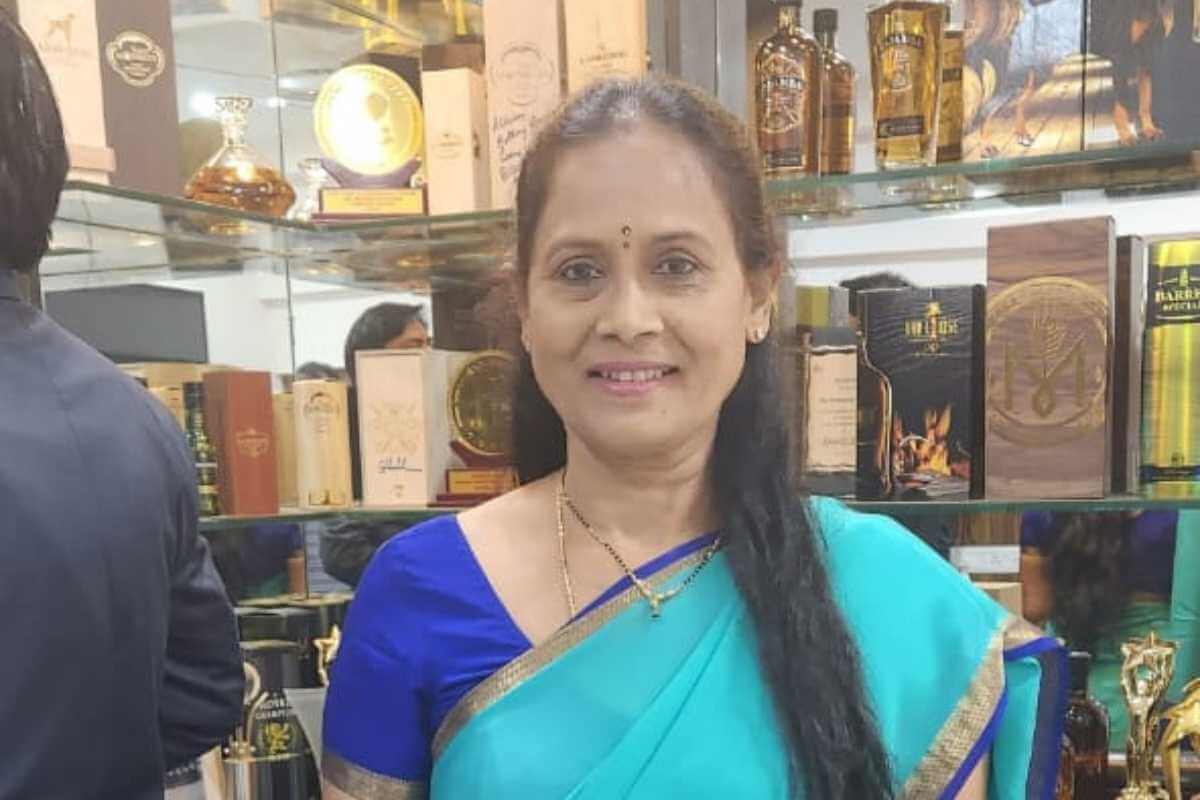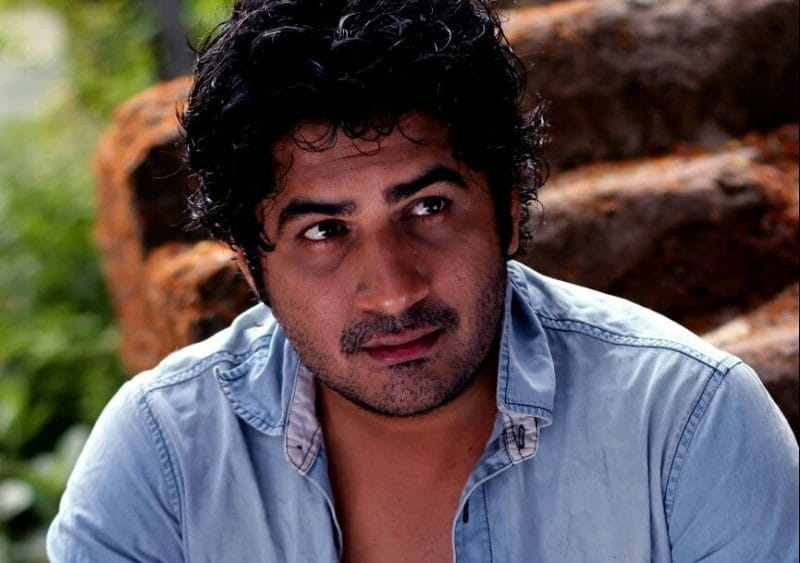In the previous article, we looked at the characteristics of a healthy relationship. In today’s article let’s outline some tips to develop & maintain loving relationships in young adulthood. As emphasized upon a few times in previous articles, young adulthood is a key developmental period in an individual’s life, and thus, being able to form loving relationships during this phase plays a vital role in the ability to form long-term attachments in later life.
So here are a few things that young couples can do to develop loving relationships with their partners:
- Spend time to get to know each other: While it’s true that it takes a lifetime to know someone completely, it’s no excuse for not investing any time and effort in doing so consciously. Going with the flow doesn’t work in this case. It’s really important to take it slow in the initial stages of the relationship and spend time with each other and learn more about the other person, before arriving at the conclusion that you would like to date the said person.
- Keep investing time: Most often, we spend a lot of time with our partners during the initial few months of the relationship and slowly start withdrawing or spending lesser time with each other. In young adult relationships, it is particularly important to set aside some time on a regular basis to talk to each other, to check up on the other person, and so on.
- Make each other a part of your life: When two people decide to start dating, they also bring along with themselves two separate worlds. In young adult relationships, this is most often in terms of a different set of friends. It’s important to introduce your partner to your friends and vice-versa; this will promote a sense of belongingness and make your partner feel like a greater part of your life. It’s good to know and once in a while hanging out with each other’s friends. And it’s also equally okay to draw a line and give some time to your friends without your partner, and vice-versa.
- Be honest with each other: Also popularly known as the “Tell Culture”, being honest with one’s partner about one’s feelings, thoughts, emotions, etc. is an important communication strategy. Several times in my therapy sessions with couples, I have noticed that people just assume that the other person should just know things, simply because they are one’s partner. And this can lead to a lot of misunderstandings and miscommunication. So, the next time you want a hug or are expecting a call from your partner, just tell them so; instead of assuming that they will instantly know what’s on your mind, simply because they are dating you.
Relationships can be as complex or as simple as we want them to be. In essence, making them complex involves more effort than keeping it simple.


